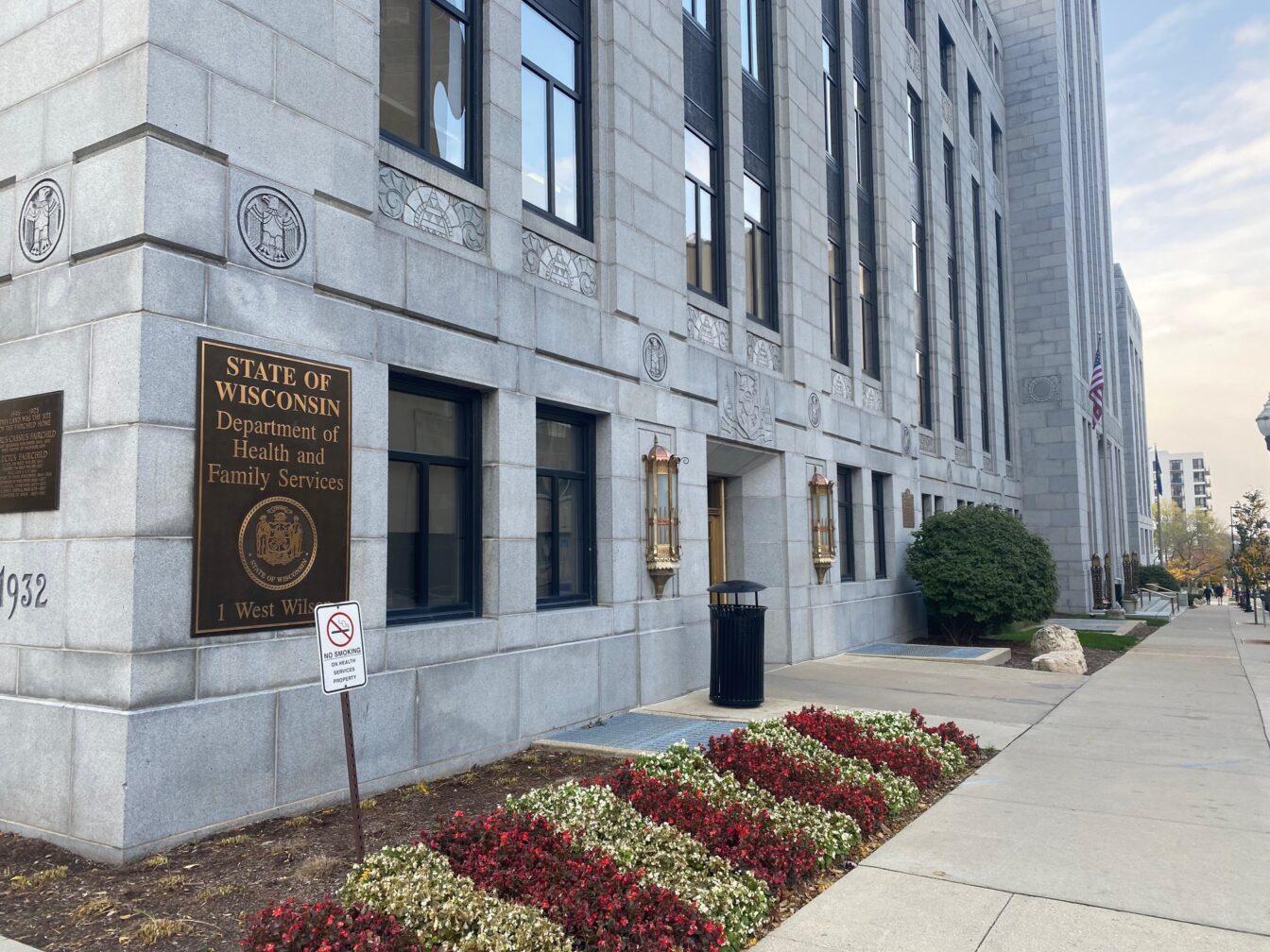After President Barack Obama announced a proposal to increase the minimum wage at the federal level, municipal employees in Milwaukee and Dane Counties could be facing a reduction in their living wages.
Sen. Glenn Grothman, R-West Bend, and Rep. Chris Kapenga, R-Delafield, are sponsoring a bill to prevent local governments from passing an ordinance to set minimum wage higher than the current federal level of $7.25 per hour for municipal employees.
Currently, Dane County and the City of Milwaukee have mandated living wages higher than the federal level. Dane County has a set $11.33 minimum wage, and Milwaukee is considering matching this wage level for their employees.
“There’s significant dollars, millions of dollars, that are going to be impacted by this if the ordinance is put in place without the restriction that we are putting there,” Kapenga said in a public hearing Monday.
He said the Milwaukee County comptroller conducted a fiscal analysis of the bill which found the Family Care program, which provides care and services to disadvantaged residents, would experience the most significant financial impact from the proposed increase.
Dane County Executive Joe Parisi said the county’s living wage ordinance has worked to protect individuals who care for people with developmental problems, physical disabilities and the elderly for 15 years.
“The people we’re talking about, with whom we contract to provide services, take care of arguably the most vulnerable citizens in our state,” Parisi said.
Morgan Smith, a Madison resident who cares for individuals with special needs at Advanced Employment, Inc. and United Cerebral Palsy, said she has two jobs in the field, but would not consider keeping her line of work if she only made $7.25 per hour.
A decrease in the living wage of up to four dollars would force her to seek aid from the state and prevent her from paying off her college loans, purchasing necessities and building her savings, she said.
“I’d like to be able to be part of the middle class someday, and I don’t know if we take away the living wage, I’ll never be able to get that opportunity,” Smith said.
The bill does allow municipalities to create ordinances mandating higher pay if they are able to fund the increases with revenue that does not pass through the State Treasury. For example, property taxes could be increased to fund a higher living wage.
“Right now Milwaukee gets, on a per capita basis, clearly more than the vast amount of counties in the state,” Grothman said. “Taxpayers from Washington and Ozaukee counties are forced to give some of their tax dollars to Milwaukee County.”
Grothman said it is frustrating to see tax revenue from other counties used to fund higher living wages for municipal employees in Milwaukee County.
Milwaukee County Supervisor Deanna Alexander said the Legislature has the right to intervene in local government usage of state funds because the county itself relies on state funds.
“The issue of local control is one that I think needs clarity and definition and context,” Alexander said. “In this place I think that state intervention is warranted only because it deals with state funds.”
[Photo from Flickr user familymwr]






















